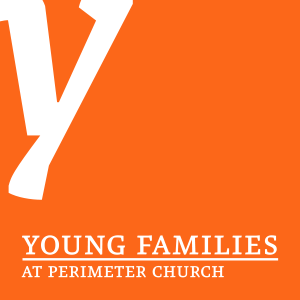Understanding is a skill developed over time.
It does not happen overnight. Understanding is not just something the elite thinkers of the world possess. In fact, I would argue the simplest minds often understand the most. Sometimes the brightest minds bypass understanding to gain more knowledge.
Howard Gardner is a stud in the world of education. He is the Hobbs Professor of Cognition and Education at the Harvard Graduate School of Education. He has written twenty-nine books and hundreds of articles. He is best known for his theory of multiple intelligences. He challenges the notion that intelligence can be measured by a single standard such as an IQ test. While someone may be gifted in math (Logical/Mathematical intelligence) and language (linguistic intelligence); they may not have the ability to understand other people (Interpersonal intelligence). He writes of eight types of intelligences.
The Enemy of Understanding
At a 1997 conference he said, “The greatest enemy of understanding is coverage. If we try to cover everything, by the end of the day people will have learned very little and will have understood nothing.” That speaks volumes to me as a teacher and a parent. What great wisdom. The enemy of understanding is coverage. Someone else said it this way, “It’s hard to drink water from a fire hydrant.”
It begs this question: am I trying to get my kids to know a lot or understand enough? Having a truck load of knowledge seems good, but if it is at the expense of understanding then what’s the point? Understanding discerns what is best. It hears the meaning of the info. It sees the principle. It goes past knowledge. Someone said it this way, “Knowledge is the facts. Understanding is the ability to lift the meaning out of the facts, and Wisdom knows what to do next.”
Spiritual Intelligence did not make Dr. Garner’s list (for good reason); but it would make my list of multiple intelligences. Perhaps we would better serve our children by majoring on a few spiritual principles so there is a clear understanding of them. I can think of no danger in knowing little, understanding it, and applying those few things. There is a serious danger with knowing a lot but understanding and applying nothing. Paul said, “Knowledge puffs up” (1 Corinthians 8:1). By that he means knowledge is not spiritual intelligence. Knowledge is necessary. Knowledge is good. Knowledge is not the end; it is a means to an end.
Psalm 119:33-34 says,
33 Teach me, Lord, the way of your decrees, that I may follow it to the end.
34 Give me understanding, so that I may keep your law and obey it with all my heart.
Notice what the Psalmist is getting across. Knowledge of The Scriptures is good. But he prays for understanding. And look at the reason for the understanding. Give me understanding (the ability to grasp the meaning of your decrees) SO THAT I may keep your law (Wisdom). Knowledge of the Word is good. Understanding of God’s law is better. The wisdom to put it into practice is best.
Focus on a Few
So what few things do you want your kids to have a firm grasp on? What are a few habits in life with which you want them to develop an understanding? We’re not naïve enough to think this should be everyone’s list, but over the next month we’ll write about four: Prayer, the Word, the Church, and the Gospel. Hopefully we, as parents, will gain a better understanding and grow in wisdom along the way.
